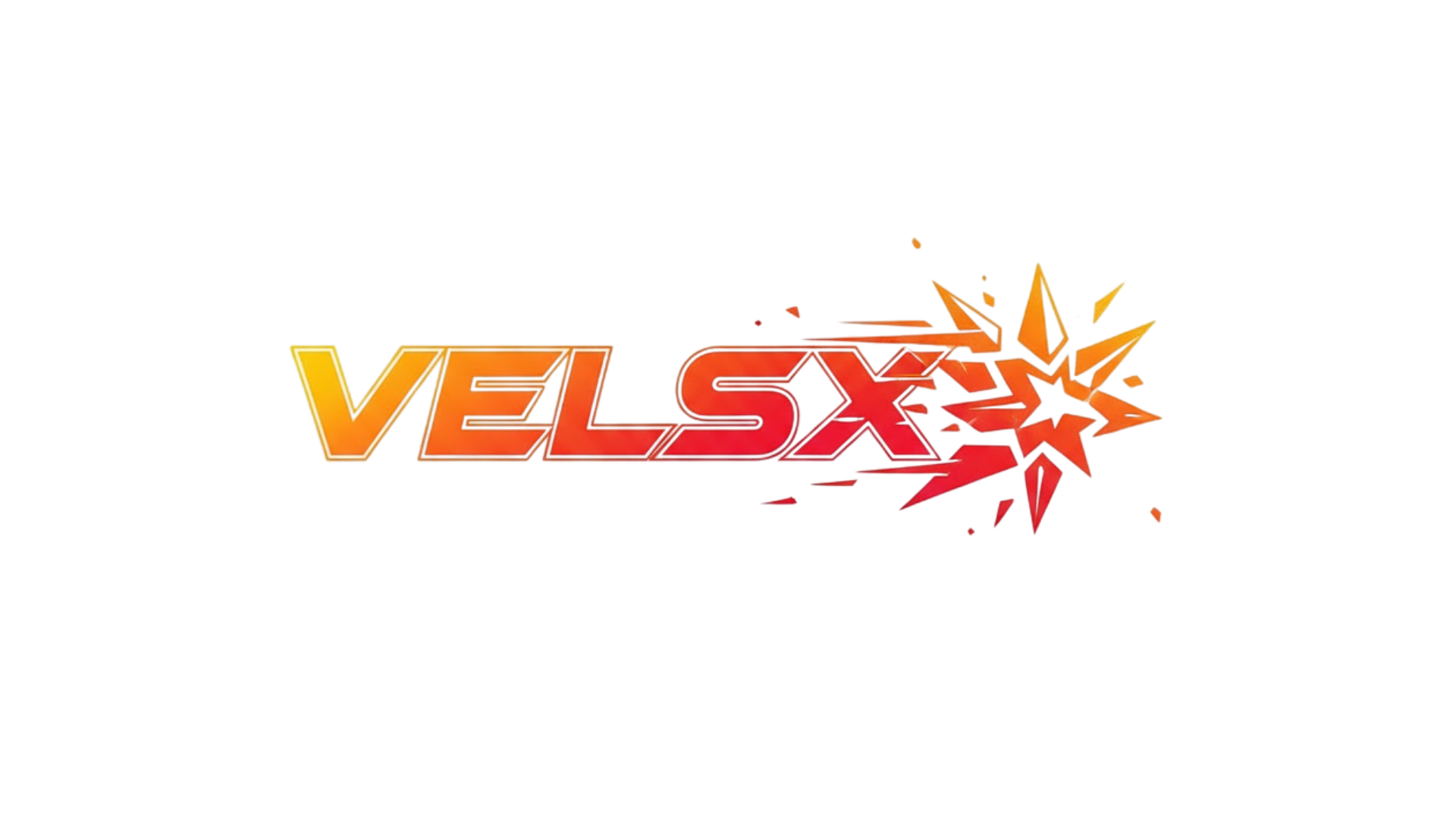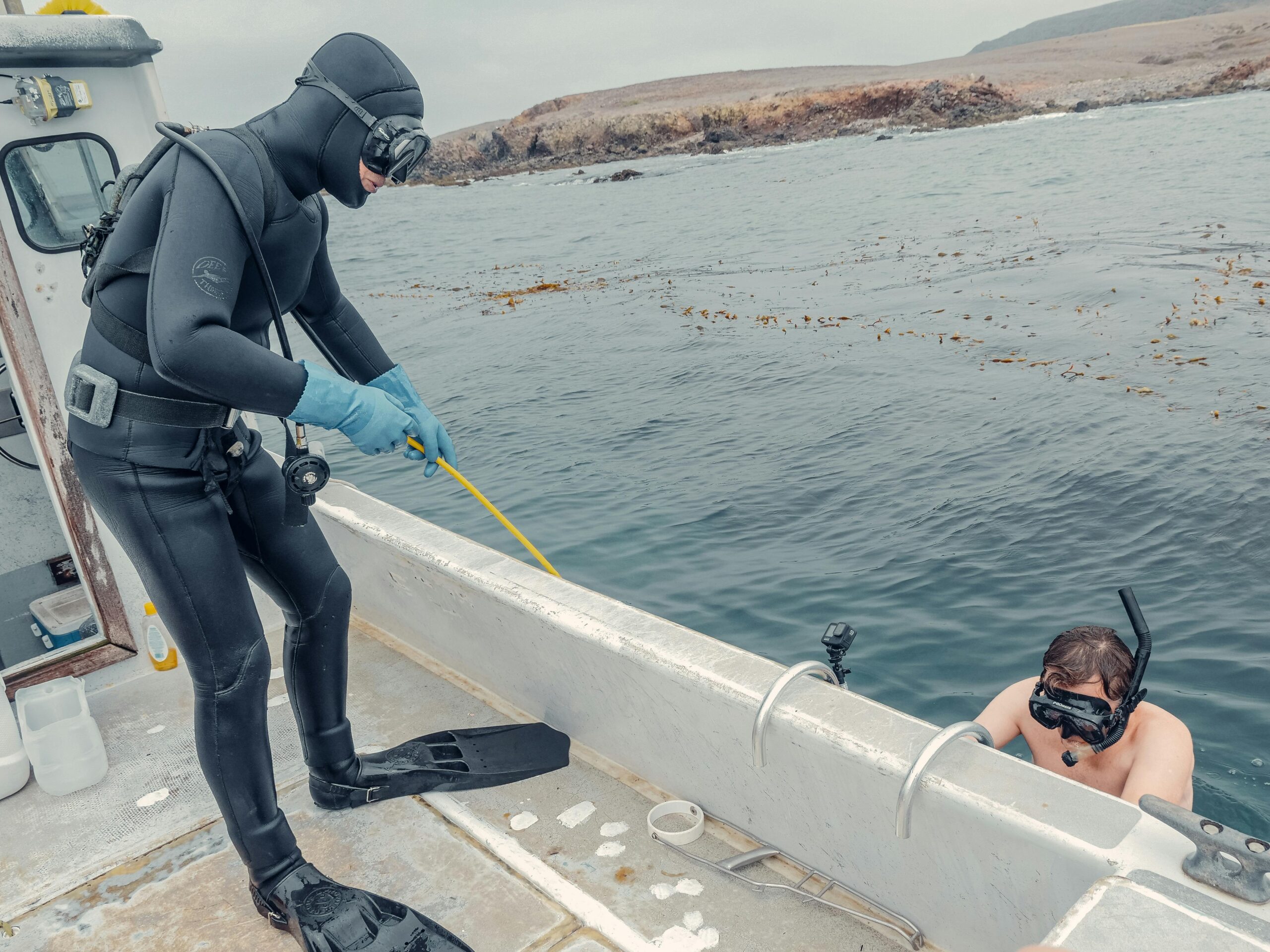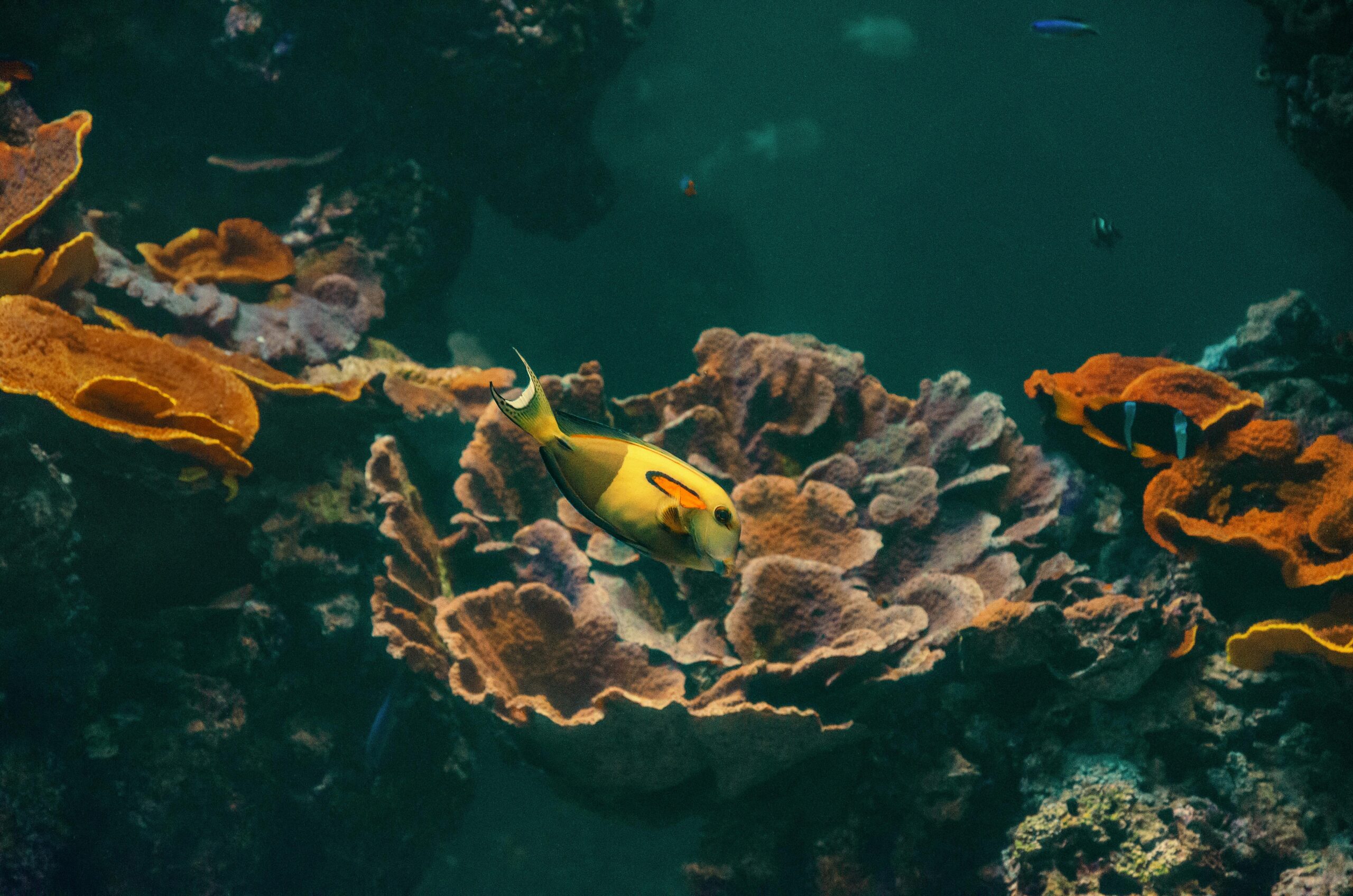Ocean literacy education programs are transforming how communities worldwide understand and protect marine ecosystems, creating pathways toward environmental stewardship and sustainable ocean management.
🌊 Understanding Ocean Literacy: More Than Just Marine Science
Ocean literacy represents a fundamental shift in how we approach marine education. It encompasses not merely the scientific understanding of ocean systems, but also the cultural, economic, and social connections between humans and the sea. The concept emerged in the early 2000s when educators and scientists recognized a critical gap in public understanding of ocean processes and their significance to planetary health.
At its core, ocean literacy means understanding the ocean’s influence on you and your influence on the ocean. This reciprocal relationship forms the foundation of effective marine conservation strategies and sustainable coastal community development. Educational programs built on ocean literacy principles empower individuals to make informed decisions about ocean resources and become active participants in marine conservation efforts.
The Ocean Literacy Framework, developed through collaboration between scientists and educators, identifies seven essential principles that every person should understand about the ocean. These principles cover everything from the ocean’s role in regulating Earth’s climate to the interconnectedness of ocean ecosystems and human societies.
The Rising Tide of Ocean Challenges Demands Educational Solutions
Our oceans face unprecedented threats from climate change, pollution, overfishing, and habitat destruction. Rising ocean temperatures, acidification, plastic pollution, and biodiversity loss threaten marine ecosystems and the billions of people who depend on them for food, livelihoods, and cultural identity.
These challenges are fundamentally rooted in a disconnect between human activities and ocean health. Many people, even those living in coastal communities, lack basic understanding of how their daily choices impact marine environments. This knowledge gap creates a barrier to implementing effective conservation measures and sustainable practices.
Ocean literacy education programs address this disconnect by building awareness, fostering emotional connections to marine environments, and equipping individuals with knowledge and tools to take meaningful action. Research consistently demonstrates that environmental education leads to behavior change, making ocean literacy programs essential instruments for marine conservation.
The Economic Imperative for Ocean Education
Beyond environmental concerns, ocean literacy carries significant economic implications. The blue economy—encompassing fisheries, tourism, shipping, and emerging sectors like renewable energy—contributes trillions of dollars to the global economy annually. Sustainable management of these resources requires an educated workforce and informed citizenry.
Coastal communities particularly benefit from ocean literacy programs that integrate traditional ecological knowledge with modern scientific understanding. This fusion creates resilient communities capable of adapting to changing ocean conditions while maintaining their cultural heritage and economic vitality.
🎓 Innovative Ocean Literacy Programs Making Waves Globally
Around the world, creative ocean literacy initiatives are engaging diverse audiences through hands-on experiences, technology integration, and community-based learning. These programs demonstrate that effective ocean education extends far beyond traditional classroom settings.
Immersive Learning Through Citizen Science
Citizen science programs represent powerful tools for ocean literacy education. These initiatives invite community members to participate in real scientific research, collecting data on everything from water quality to marine species populations. Participants gain direct experience with scientific methods while contributing valuable information to research databases.
Programs like reef monitoring initiatives, beach cleanup data collection, and marine mammal observation networks transform participants from passive learners into active contributors to ocean science. This engagement creates deeper understanding and stronger personal connections to marine conservation outcomes.
Technology-Enhanced Ocean Learning Experiences
Digital platforms and mobile applications are revolutionizing ocean education accessibility. Virtual reality experiences transport learners to underwater environments they might never visit physically. Interactive apps help identify marine species, track ocean conditions, and connect users with conservation opportunities in their communities.
Online courses and webinars bring expert knowledge to global audiences, breaking down geographic and economic barriers to ocean education. Social media campaigns leverage visual storytelling to raise awareness about marine issues and inspire action among diverse demographic groups.
School-Based Ocean Literacy Curricula
Progressive educational institutions worldwide are integrating ocean literacy into core curricula across multiple subjects. Science classes explore marine ecosystems and oceanography, while social studies examine human-ocean relationships and maritime history. Language arts incorporate ocean-themed literature, and mathematics applies statistical analysis to marine data.
These interdisciplinary approaches demonstrate that ocean literacy isn’t confined to science education—it represents a lens through which students can explore diverse academic disciplines while developing holistic understanding of ocean systems and sustainability challenges.
Building Effective Ocean Literacy Programs: Key Components 🔑
Successful ocean literacy programs share common characteristics that maximize educational impact and drive meaningful behavior change. Understanding these elements helps educators, policymakers, and community leaders design effective initiatives.
Experiential Learning and Direct Ocean Contact
Nothing replaces direct experience with marine environments. Effective programs prioritize hands-on activities—tide pool explorations, snorkeling trips, beach field studies, and aquarium visits. These experiences create emotional connections that abstract classroom learning cannot replicate.
For inland communities without ocean access, creative alternatives include visits to local waterways that connect to ocean systems, aquarium partnerships, and virtual reality experiences that simulate ocean environments with remarkable fidelity.
Cultural Relevance and Community Connection
Ocean literacy programs achieve greatest impact when tailored to local contexts, incorporating indigenous knowledge, regional ocean issues, and community-specific connections to marine environments. Programs that honor cultural traditions while introducing scientific concepts create bridges between traditional wisdom and contemporary conservation practices.
Community involvement ensures programs address local priorities and leverage existing networks and resources. When community members help design and implement educational initiatives, outcomes demonstrate greater sustainability and broader reach.
Action-Oriented Learning Frameworks
Effective ocean literacy extends beyond awareness to action. Programs should equip participants with concrete steps they can take to protect ocean health—from reducing single-use plastics to supporting sustainable seafood choices to participating in policy advocacy.
Action-oriented learning empowers individuals rather than overwhelming them with environmental doom-and-gloom messaging. When people understand how their choices matter and see pathways for positive impact, they’re more likely to engage in sustained pro-ocean behaviors.
🌍 Ocean Literacy Across Different Audiences: Tailored Approaches
Different demographic groups require customized educational strategies to maximize ocean literacy program effectiveness. Age, cultural background, geographic location, and existing knowledge all influence optimal teaching approaches.
Early Childhood Ocean Education
Young children possess natural curiosity about marine life and ocean environments. Programs for this age group emphasize wonder, discovery, and play-based learning. Storytelling, art projects, sensory experiences, and age-appropriate field trips introduce foundational concepts about ocean systems and conservation.
Early ocean literacy experiences plant seeds for lifelong environmental stewardship, creating positive associations with marine environments and conservation values that persist into adulthood.
Youth and Adolescent Engagement Strategies
Middle and high school students benefit from more sophisticated content that connects ocean issues to their evolving understanding of global systems, justice, and personal identity. Programs targeting this demographic often emphasize leadership opportunities, peer education, and connections between ocean health and issues they care about—climate change, social justice, and future career opportunities.
Technology integration resonates particularly well with adolescent learners. Social media challenges, documentary film projects, and data visualization exercises engage digital natives while building ocean literacy competencies.
Adult and Professional Development Programs
Ocean literacy for adults often focuses on specific professional contexts—educators seeking to incorporate marine content into teaching, business leaders exploring sustainable practices, policymakers requiring evidence-based information for decision-making, or community members interested in volunteer conservation work.
Professional development programs might include workshops on integrating ocean literacy into existing curricula, certification courses for eco-tourism guides, or training for fishing communities on sustainable practices and alternative livelihoods.
Measuring Impact: How Ocean Literacy Programs Track Success 📊
Effective program evaluation ensures ocean literacy initiatives achieve intended outcomes and continuously improve. Measurement strategies assess knowledge gains, attitude shifts, behavior changes, and broader community impacts.
Knowledge Assessment and Skill Development
Traditional evaluation methods include pre- and post-program surveys measuring changes in ocean science knowledge, understanding of marine conservation issues, and awareness of human impacts on ocean systems. These quantitative measures provide clear data on learning outcomes.
However, ocean literacy extends beyond factual knowledge to include critical thinking skills, scientific reasoning, and systems thinking capabilities. Performance-based assessments—where participants demonstrate skills through projects, presentations, or problem-solving activities—capture these deeper competencies.
Behavioral and Attitudinal Changes
The ultimate goal of ocean literacy programs involves inspiring behavior change. Long-term tracking studies follow participants to document shifts in conservation behaviors—reduced plastic use, sustainable seafood choices, participation in beach cleanups, or advocacy for ocean-friendly policies.
Attitude measurements assess changes in environmental values, sense of personal connection to ocean environments, and self-efficacy regarding conservation actions. These psychological factors predict sustained engagement with marine conservation over time.
🚀 Future Horizons: Scaling Ocean Literacy for Global Impact
As ocean challenges intensify, scaling ocean literacy education becomes increasingly urgent. Several promising strategies can expand program reach and deepen impact worldwide.
Policy Integration and Institutional Support
Incorporating ocean literacy into national education standards and requirements ensures all students receive foundational marine education. Several countries have begun this process, recognizing ocean literacy as essential knowledge for citizens of a ocean planet.
Institutional support from educational departments, environmental agencies, and international organizations provides funding, resources, and legitimacy that help programs reach broader audiences and achieve sustainability.
Leveraging Digital Platforms for Mass Education
Digital technology offers unprecedented opportunities to scale ocean literacy globally. Open educational resources, massive online courses, social media campaigns, and mobile applications can reach millions of learners at relatively low cost.
However, digital scaling must address equity concerns, ensuring that communities with limited technology access aren’t excluded from ocean literacy opportunities. Blended approaches combining digital and in-person components often work best.
Building Global Networks and Knowledge Exchange
International collaboration among ocean literacy practitioners facilitates knowledge sharing, resource development, and collective advocacy. Networks connecting educators, scientists, policymakers, and community leaders accelerate innovation and help replicate successful program models across different contexts.
These networks also strengthen the global ocean literacy movement, creating unified messaging and coordinated efforts to prioritize marine education in policy agendas worldwide.
Practical Steps for Implementing Ocean Literacy in Your Community 💡
Whether you’re an educator, community leader, or concerned citizen, you can contribute to ocean literacy in your area. Starting small and building gradually creates sustainable programs with lasting impact.
- Partner with local aquariums, marine research institutions, or environmental organizations already conducting ocean education work
- Organize beach or waterway cleanup events that include educational components about marine pollution
- Integrate ocean literacy into existing programs—scout troops, after-school clubs, summer camps, or library programming
- Connect with schools to offer guest presentations, field trip opportunities, or curriculum support related to ocean topics
- Utilize free ocean literacy resources available from organizations like NOAA, the Ocean Literacy Network, and marine conservation groups
- Start social media campaigns highlighting local ocean connections and conservation actions
- Advocate for ocean literacy integration in local education standards and community programming
🌊 The Ripple Effect: How Ocean Literacy Creates Lasting Change
Ocean literacy education represents an investment in our collective future. As participants develop understanding of marine systems, emotional connections to ocean environments, and confidence in their ability to make a difference, they become ambassadors for ocean conservation in their families, workplaces, and communities.
This ripple effect multiplies program impact far beyond initial participants. Children share ocean knowledge with parents, inspiring household behavior changes. Community members trained in ocean literacy become volunteer educators, extending program reach. Business leaders apply sustainability principles learned through ocean education to corporate practices.
The cumulative effect of these individual transformations creates cultural shifts toward ocean stewardship. Communities with strong ocean literacy demonstrate greater support for marine protected areas, sustainable fishing regulations, and climate action—policy changes essential for ocean health.

Charting the Course Forward: Ocean Literacy as Foundation for Sustainability
The ocean covers over 70% of our planet’s surface, regulates climate, produces much of the oxygen we breathe, provides food for billions, and supports economic activity worth trillions of dollars. Yet this vital system remains poorly understood by much of humanity.
Ocean literacy education programs bridge this understanding gap, creating informed, engaged citizens capable of making decisions that support both human wellbeing and marine ecosystem health. As we face accelerating environmental challenges, this education becomes not merely beneficial but essential.
Investing in ocean literacy today creates dividends for generations to come—healthier oceans, more resilient coastal communities, sustainable blue economies, and a population equipped to navigate the complex environmental challenges of the 21st century and beyond.
The wave of ocean literacy education is rising globally, carrying with it hope for a future where human societies and marine ecosystems thrive together. Whether through formal school programs, community initiatives, digital platforms, or citizen science projects, each ocean literacy effort contributes to this transformative movement.
As we dive deeper into understanding our connections with the ocean, we discover not just the sea’s importance to us, but our responsibility to it—a responsibility that ocean literacy education empowers us to fulfill through knowledge, compassion, and action.
Toni Santos is a transpersonal psychology researcher and consciousness writer exploring how inner transformation, archetypal integration, and mindful relationships shape the evolution of the human spirit. Through his studies on shadow work, emotional alchemy, and self-realization, Toni examines how awareness becomes the bridge between psychology and spirituality in the path of awakening. Passionate about the convergence of inner science and contemplative practice, Toni focuses on how ancient wisdom and modern psychology can coexist to support healing, purpose, and expanded consciousness. His work highlights the balance between introspection, integration, and collective evolution — revealing that awakening is both personal and universal. Blending depth psychology, mythology, and consciousness studies, Toni writes about the symbolic patterns and inner journeys that define the human experience. His reflections invite readers to approach spirituality not as escape, but as embodiment — a living dialogue between the self, the shadow, and the sacred. His work is a tribute to: The transformative power of self-awareness and inner healing The union of psychology, spirituality, and archetypal wisdom The path of integration as the essence of human awakening Whether you are a seeker, therapist, or student of consciousness, Toni Santos invites you to explore the evolution of the inner world — one archetype, one realization, one awakening at a time.




